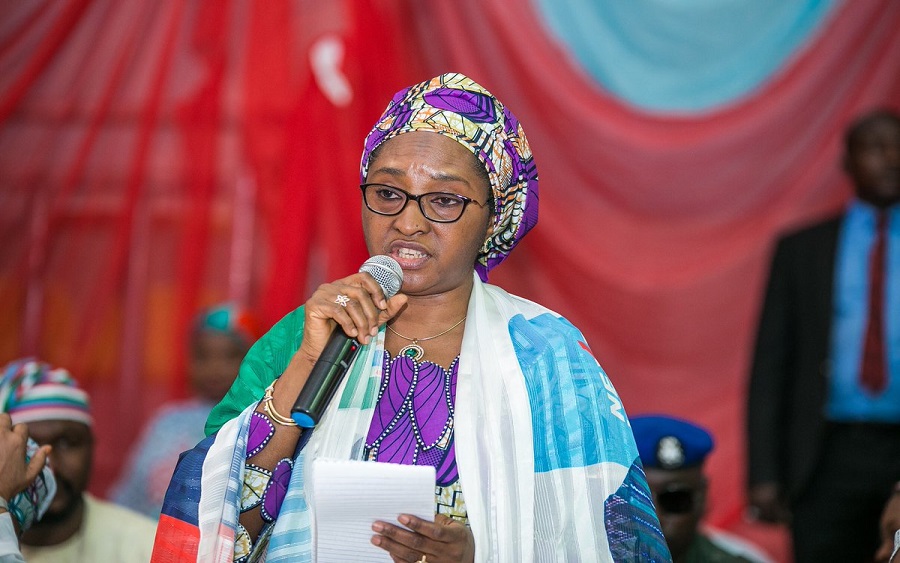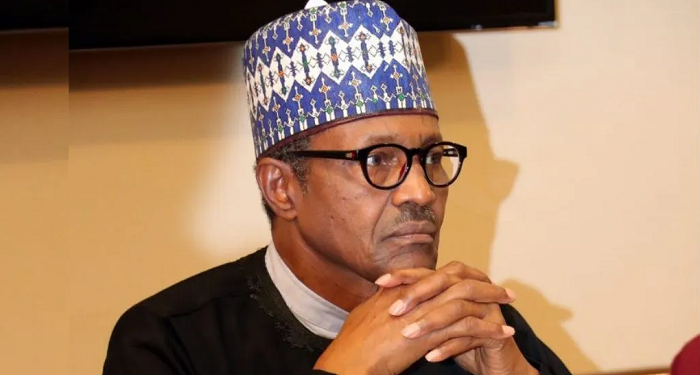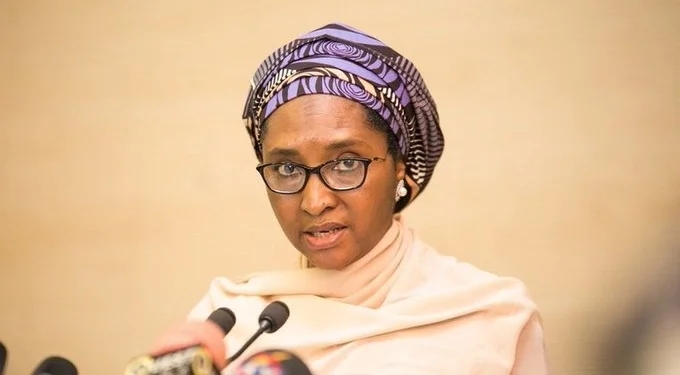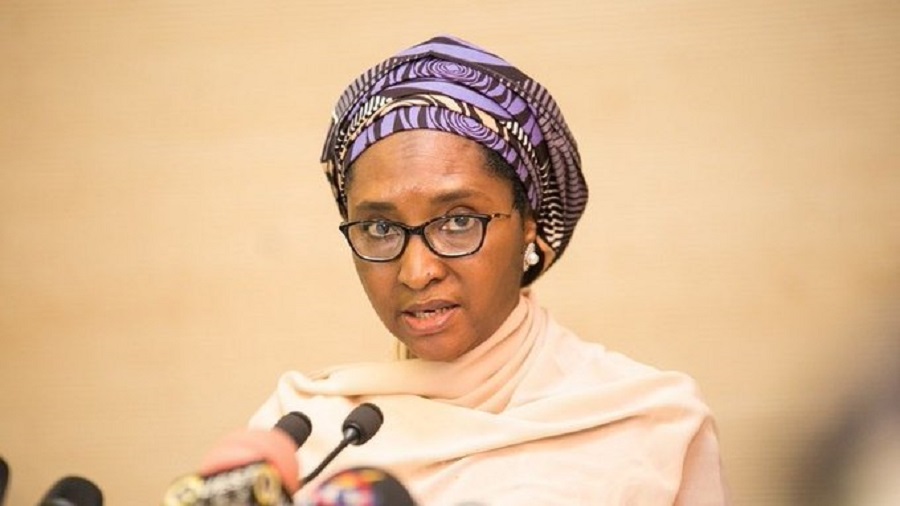Nigeria’s crude oil production is expected to rise to 1.6 million BPD by Q1 2023 according to the Minister of Finance Zainab Ahmed.
The Federal Government also says that the importation of petroleum products into Nigeria will reduce significantly by 2023 with the commencement of operations of the Dangote Refinery and the completion of rehabilitation work on the Port Harcourt Refinery before the end of next year.
This was made known by Nigeria’s Minister for Finance, Budget, and National Planning, Zainab Ahmed, at the World bank’s Nigeria Development Update and Country Economic Memorandum in Abuja on Thursday attended by Nairametrics.
Ahmed, who was represented by the Director-General, the Budget Office of the Federation, Ben Akabueze, said that Nigeria needs to depart from” business as usual “ policies, which cause fiscal pressures such as lower-than-expected revenue and the rising cost of petrol subsidy.
- She said Oil production is “ expected to increase to 1.6 million BPD by first quarter of 2023, as efforts intensify to improve oil production infrastructure and reduce oil theft, we currently project an average crude oil production of 1.9 BPD by 2024, we expect to complete the rehabilitation of Port Harcourt refinery before the end of 2023, we have also signed an MoU Daewoo for a $1.5 billion rehabilitation of the Kaduna and Warri refinery
- “The importation of production products will significantly decline in 2023, as the Dangote refinery, is expected to begin operations in the first quarter of 2023, the expected improvement in oil production is also attributable to the increased collaboration between government security agencies, private security outfits, host communities and deployment of technology to curb menace of crude oil theft.
She also said that the Federal Government expects to see more investors in the oil sector as they achieve even greater clarity in the sector as provided in the Petroleum industry Act,
The Minister urged Nigeria’s growth prospects have improved, however, pre-crisis challenges the post-crisis, recovery, highlighting the need to depart from” business as usual “ policies, fiscal pressures have mounted due to lower than expected revenue and rising cost of subsidy on PMS.
“Under the Business as usual scenario, GDP per capita will continue to decline, however drastic reforms can change this.
“Nigeria’s economic growth improved of 3Q 2022, some of this emanated from a robust recovery in the non –oil economy and other sectors, including telecoms, Agriculture and services, we will all agree no country was immune to challenges p[posed by covid pandemic and the Russian Ukraine war on global economy.
She noted The Nigerian Government has however demonstrated considerable resilience in addressing the challenges, adopting measures to grow the revenue base, especially including the share of non-oil revues by accelerating our domestic resource mobilization through the implementation of Strategic Revenue Growth Initiative, SRGI.
“The SRGI will not only grow our revenue but alleviate pressure on debt service obligations, growing non oil revenues is the central focus of the SRGI given its relative stability, and the challenges with meeting oil revenue target currently and in the near future,”.
What you should know
- Nigeria’s daily average crude price has been growing steadily since it fell below 1 million barrels PD in August.
- The Nigerian Upstream Petroleum Regulatory Commission revealed recently that production for the month of November averaged 1,185,604 per day, an increase from 1,014,485 BPd in October.

















